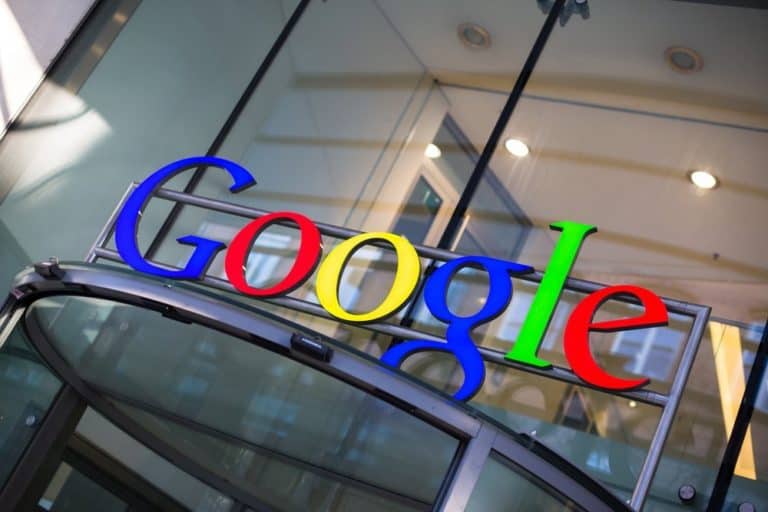Thirty-seven total US district and state attorney generals have sued Alphabet’s Google. There are several allegations against the tech giant surrounding unlawful preservation of the monopoly of their Play Store.
What are the allegations?
District and state attorney generals across thirty-seven states are suing Google. They allege that it has used contracts that were restrictive and bought off their competitors so that they main maintain an unlawful monopoly of the Play Store on all Android phones.
These allegations against Google’s practices stem from an in-depth investigation that started in September of 2019 and involved almost every US state. This investigation has already caused three other lawsuits to come about.
These cases against the company threaten to force considerable changes to how it generates billions in revenue through its businesses, including smart home gadgets, in-app purchases, and advertising.
Google’s Response
Google responded to this, saying that this case was more about empowering a handful of other app developers based on preferential treatment and not helping small developers or consumers. It also states that Android has always supported competitors to Play Store, unlike Apple and the App Store.
In a blog post, Google stated: “Android and Google Play provide openness and choice that other platforms simply don’t.”
Tennessee, New York, Utah, and North Carolina-led states argued that Google has been generating “enormous profit margins” because of the Play Store using illegal tactics so that it may preserve its monopoly within Android phones.
More about the lawsuit
The lawsuit stated that 90% of Android apps downloaded in the States have been through Google Play. It mentioned: “Google leverages its monopoly power with Android to unlawfully maintain its monopoly in the Android app distribution market.”
Attorney General of Utah, Sean Reyes, said, “Google Play is not fair play. It must stop using its monopolistic power and hyper-dominant market position to unlawfully leverage billions of added dollars from smaller companies, competitors, and consumers beyond what should be paid.”
The states have also mentioned that they are considering taking a similar step against Apple and the App Store.
